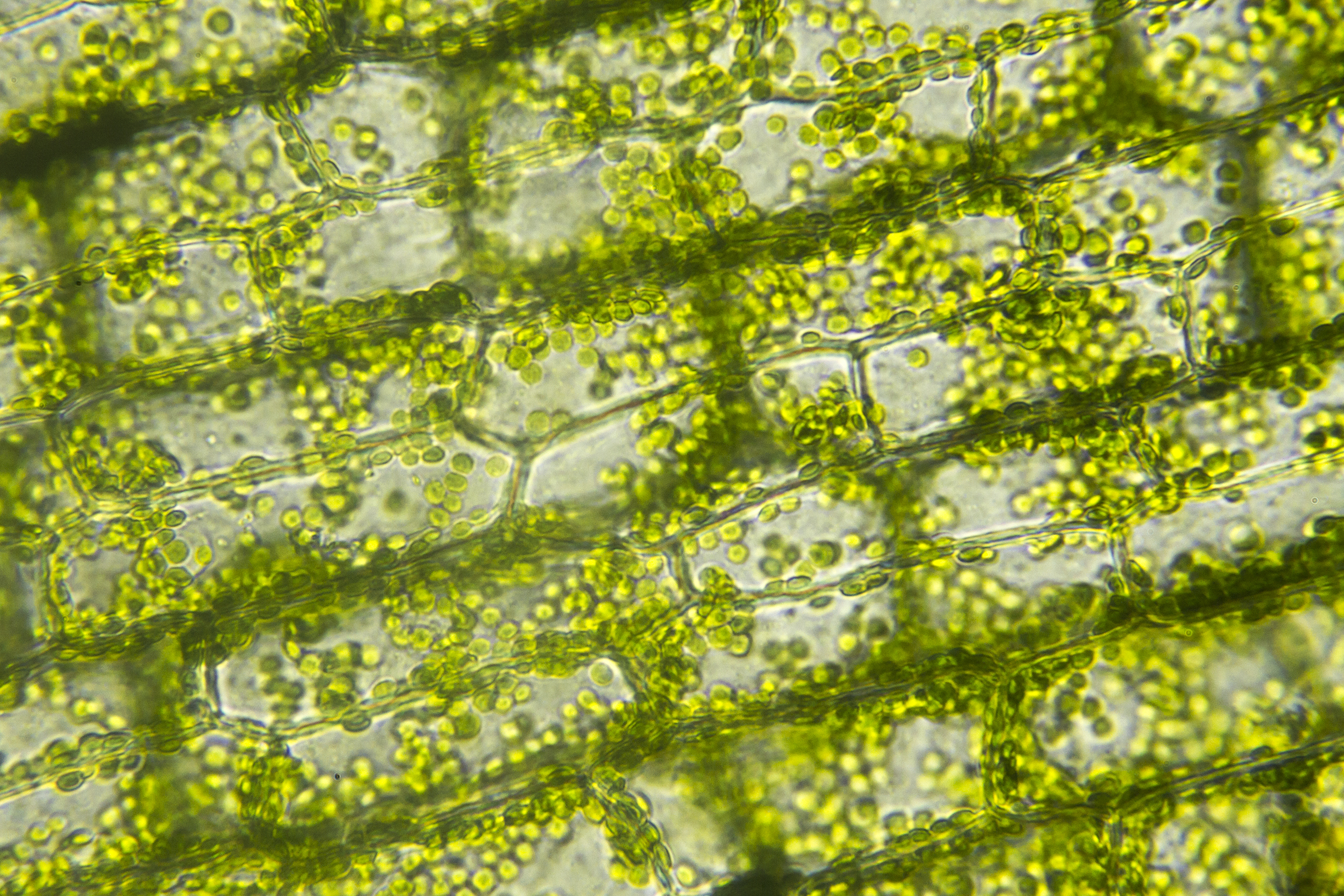Which organelle contains the DNA for the cell?
The Nucleus
What percentage of living things have cells as their building blocks?
All living things
Which of the following are characteristic of all living systems?
1. Reproduces
2. Exchanges gas
3. Can move
4. Needs water
5. Has a pulse
6. Responds to the environment
1. Reproduces
2. Exchanges gas
4. Needs water
6. Responds to environment
What is the name of the tool scientists use to see things too small for the naked eye?
The Microscope
What is different about the bread panko breadcrumbs are made from? For an extra 100 points, when was this discovered?
It is baked by putting the dough between induction plates and running electricity through them. This was discovered in WW2
Which organelle constructs the components for proteins
The Ribosome
If an organism reproduces asexually, how much genetic information does the child share with the parent?
The daughter cell will have the same genetic material as the mother cell
To be considered alive, how many characteristics of life must an organism fulfill?
All of them
You are shown this specimen underneath the microscope. What type of organism is this? Why?
A plant of some kind, since it has chloroplast (the green dots) and cell walls
For every 10 feet down in the ocean you go, how much does pressure increase?
1 atmosphere's worth of pressure
Which organelle assembles proteins?
The endoplasmic reticulum
What is the name and function of the organelle marked as C?
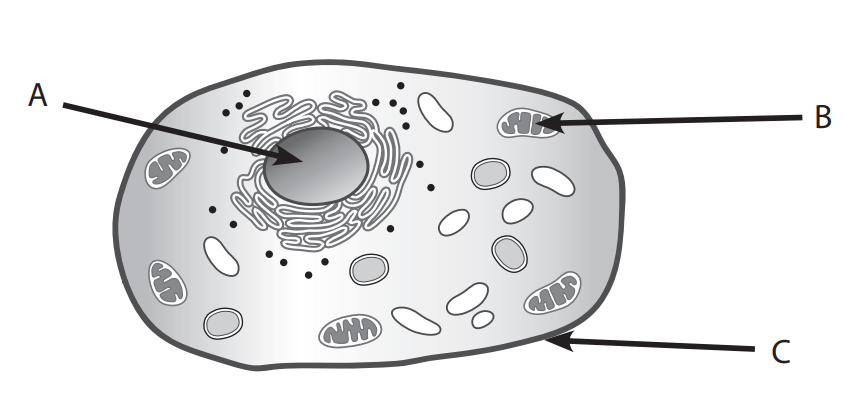
The cell membrane, controls what goes in and out of the cell
What is the difference between a single cell that is considered an organism and one that is not?
Single cells that are considered organisms can survive on their own, whereas those that are not cannot
Which magnification should you always start with when looking at something under the microscope?
Which organelle is the powerhouse of the cell? What does it do?
The mitochondria turn food into energy
What is the function of the organelle marked as B?
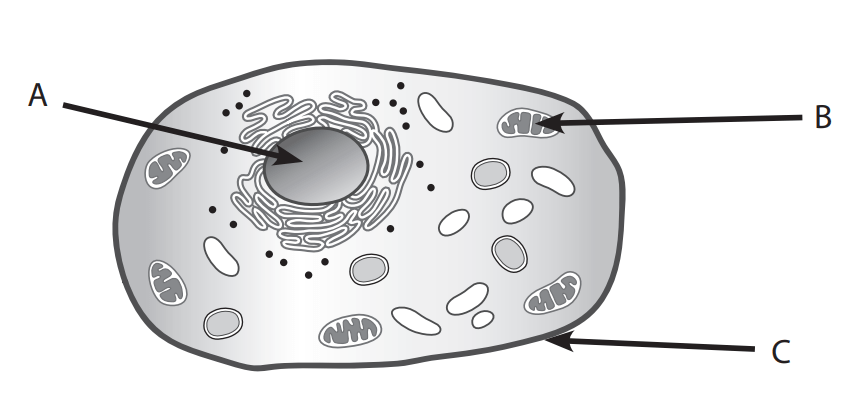
Turns food into energy
You overhear someone say "Fire is alive. It starts small and gets bigger, it can move, and it needs air!". Why might someone think fire is alive? Why are they wrong?
Looking at an amoeba under the microscope, the side of the lens says "4x".
1. What magnification is this?
2. How big is the field of view?
3. How big is the amoeba?
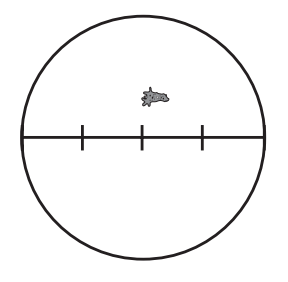
1. The magnification is 40x
2. The field of view if 4 mm
3. The amoeba is around 0.5mm
Hemoglobin can hold four oxygen molecules, but will prefer to only ever give 1 to your cells. Why?
Hemoglobin is better at binding oxygen the more oxygen it is currently holding. Giving any more than one would make it harder for you to get more oxygen.
Which organisms have a cells wall in addition to a cell membrane?
Plants
What is the name of the structure surrounding the organelle marked as A?
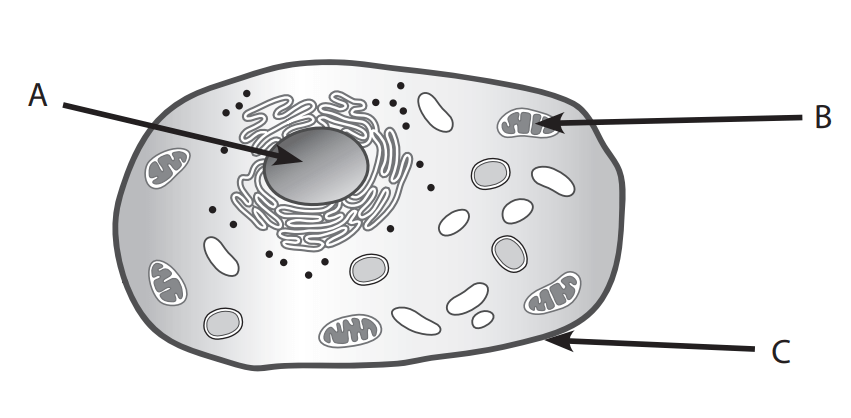
The Endoplasmic Reticulum (E.R.)
Are dead leaves considered living or non-living organisms? Explain your reasoning.
They are considered dead living organisms. Non-living describes something that was never alive, living organisms can be either alive or dead
Looking at an amoeba under the microscope, the side of the lens says "10x".
1. What magnification is this?
2. How big is the field of view?
3. How big is the amoeba?
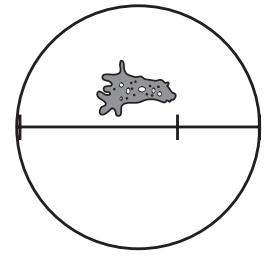
1. 100x
2. ~1.5mm
3. 0.5 mm
What element is responsible for keeping your heart beating? For an extra 100 points, if this element reaches the heart in too great a number, does the heart stop by seizing or relaxing?
Potassium, the heart stops by seizing, the extra potassium makes it so the heart can't relax
